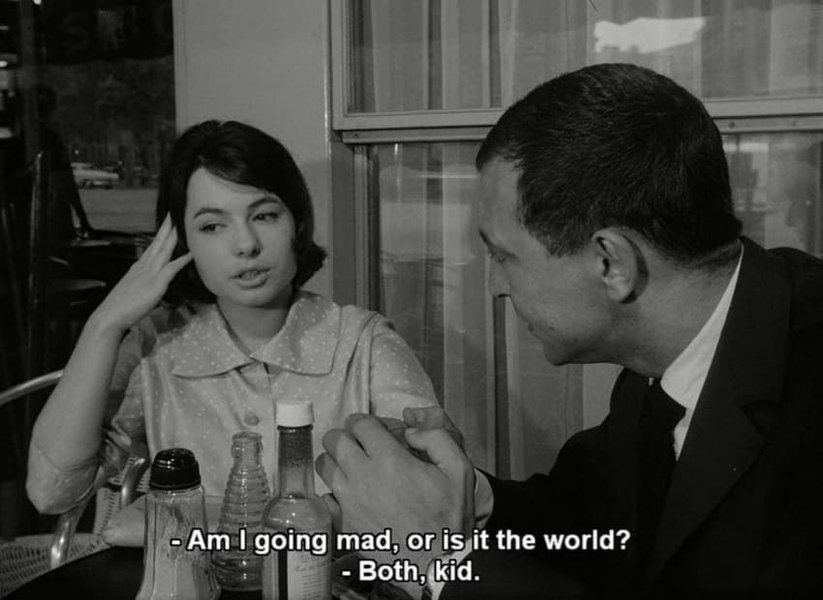Sublime
An inspiration engine for ideas
Narrativa contra mundo – por Tag Gallagher (maio de 2004) Tradução: Ruy Gardnier
Tag Gallaghercultureinjection.wordpress.com
Robert Harrison, "How Literature Thinks Me"
youtube.com
It is that the group who were to become Bloomsbury had already accepted the values of Moore’s sixth chapter, but could not accept these as merely their own personal preferences. They felt the need to find objective and impersonal justification for rejecting all claims except those of personal intercourse and of the beautiful.
Alasdair MacIntyre • After Virtue
Love and the Postmodern Predicament: Rediscovering the Real in Beauty, Goodness, and Truth (Veritas Book 28)
amazon.com
Weil instead asserts that values and sensations are coterminous. As Peter Winch notes, “our concepts, which give the world its shape, are unintelligible except as concepts exercised by beings whose common life exhibits certain aspirations and values.”8 This interpretation—one where the epistemological is the ethical—seems to pull the rug out from
... See moreRobert Zaretsky • The Subversive Simone Weil: A Life in Five Ideas
As he films Seattle, transforming it into "Rain City," Rudolph is faced with the same decision: is he a realist or an expressionist, inventing the world or recording it? The moral and the aesthetic questions merge, as they must on the higher levels of art.
